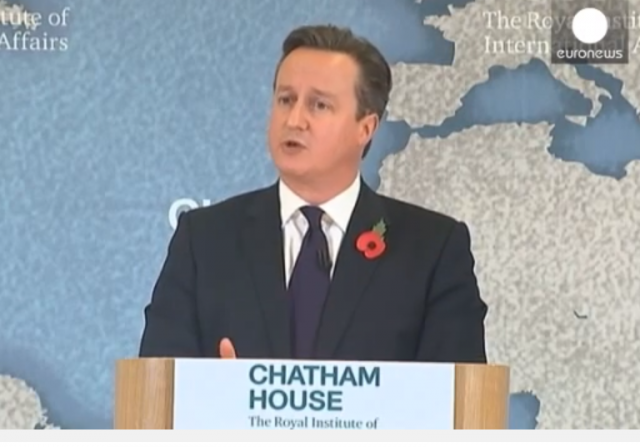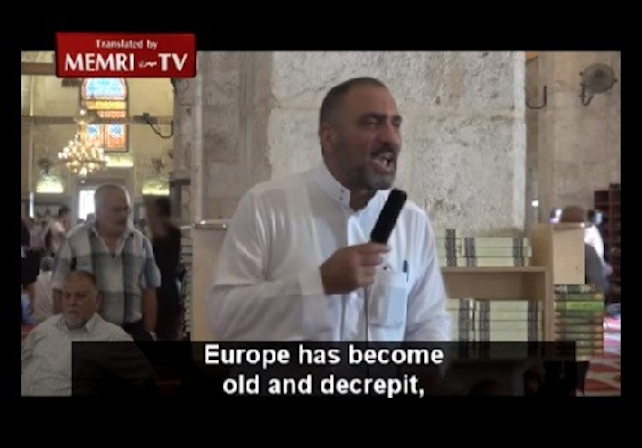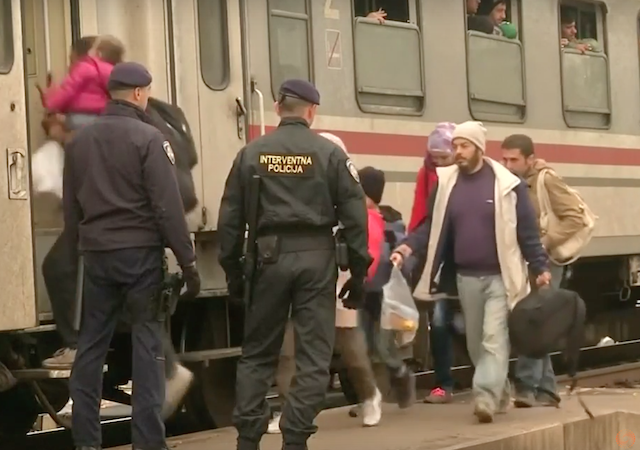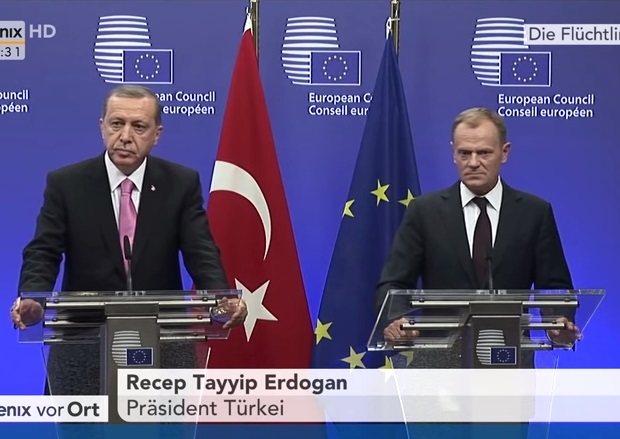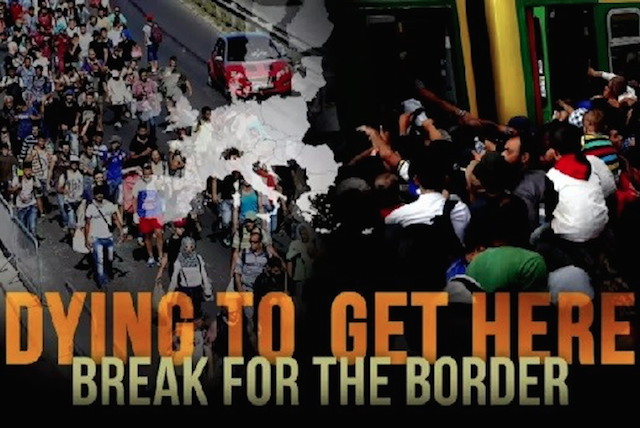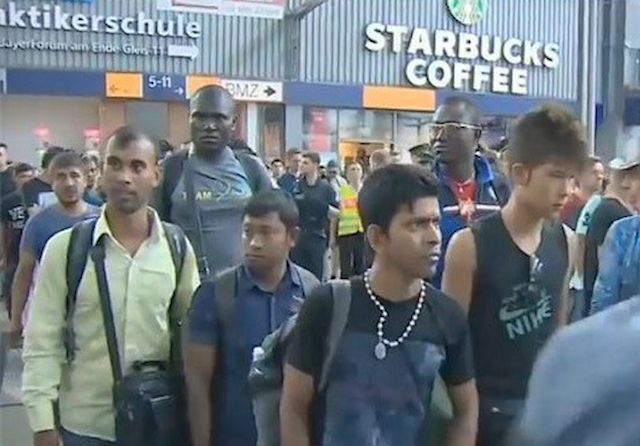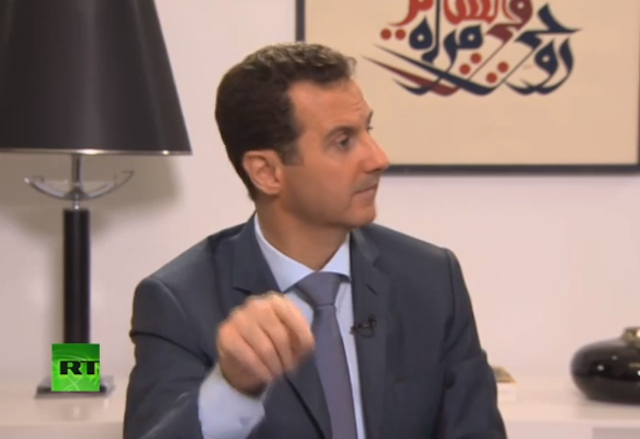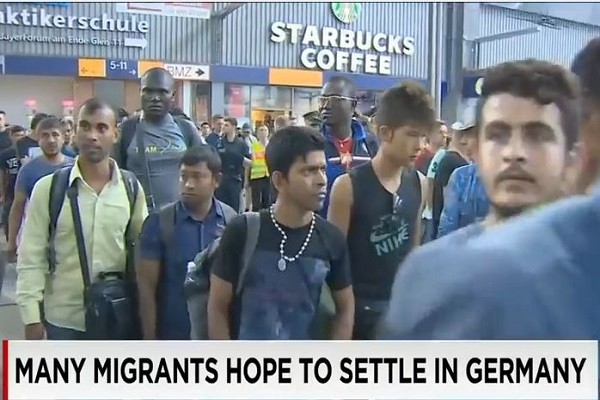Wave of Governors Say Their States Will Refuse Syrian Refugees
on November 17, 2015
39 Comments
A growing list of mostly Republican Governors sent open letters to the federal government on Monday, announcing that because of the terrorist attacks in Paris, France, their states would not accept refugees from Syria, and urging the federal government to cease any efforts to bring Syrian refugees to the United States unless better security procedures could be implemented.
The most updated list, according to CNN, of Governors sending these letters include those representing Alabama, Arizona, Arkansas, Florida, Georgia, Idaho, Illinois, Indiana, Iowa, Kansas, Louisiana, Maine, Massachusetts, Michigan, Mississippi, Nebraska, North Carolina, Ohio, Oklahoma, Tennessee, Texas, Wisconsin, and the lone Democrat on the list thus far, New Hampshire.
The main cause for concern was the fact that at least one of the terrorists involved in the attack on Paris had entered the country by posing as a Syrian refugee, and that a terrorist could take similar advantage of the refugee crisis to enter America. As Texas Gov. Greg Abbott (R) noted in his letter, "American humanitarian compassion could be exploited to expose Americans to similar deadly danger."


